|
I'm writing these words to you after a long day of teaching at school where I still managed to write a blog post in between of classes after lunch.
It's 9:39 pm. I'm ready to go to bed soon but I know my readers are waiting for me to show up in their email inboxes. That's a powerful motivation for me to write tonight. If I remember correctly, I haven't missed a post in five years. Yes, sometimes I write them in advance and schedule them to be published later. But there's something new on my blog to read every day. I do this daily. No matter if I'm tired, no matter what kind of weather it is outside, no matter how I'm feeling. Because I have long ago adopted pro mentality. Long before I became a professional blogger. Mentality is everything. It gives me enormous rewards - as a person, organist, creator, artist, teacher, blogger, or thinker. There are numerous benefits of blogging for any person. When you read a lot and you think a lot, the only way you can sort out ideas that are swirling in your head is through writing down and sharing them. In my mind I'm joining the ranks of influential bloggers, such as Seth Godin, Tim Ferriss or Shaunta Grimes who think that EVERYONE on earth should write a daily blog. For me as an organist specifically blogging has helped spread the word about my expertise, build trust and credibility. If you're a concert organist, when you write regularly, engagingly and honestly about your organ playing activities, over time you'll increase chances of getting more invitations to play organ recitals. Recently, among other places I got invited to play a recital at St. Paul's Cathedral in London (2018) and Notre Dame Cathedral in Paris (2019). I'm not bragging here. I just want you to see what's possible for you too. Yes, you have to play well. But playing well won't cut it. There are thousands of organists who can play better than I do. But for some of my subscribers, I'm the best in their world. This is because I show up. Day after day. With generous and inspiring words. If I can do this, so can you. Don't try to be me, though. Because the world doesn't need two Vidas'. What the world needs is YOU. Also when the time will come for you start looking for an organist position, you have to remember that the first thing that your future boss will do before they invite you for an interview is to google your name. And what will they find online will determine their opinion about you (unless of course you'll be recommended by some people or sources they trust already). We call them influencers. Blogging for organists will help to build their platform online. That's pretty empowering feeling, trust me. You'll no longer be dependent on your boss, if things go sideways. You'll no longer feel helpless and worthless, if your pastor decides to fire you because you play your hymns too fast or too loud. You'll have options about how to make a living in the future. One of the options might even mean being your own boss (even when somebody else is paying you). I hope you will publish that blog post today before you hit the bed. Your future depends on it. I invite you to join my free 10 day mini course and learn how to get more organ recital opportunities in 60 days or less using my exact blogging system which got me invited to play recitals at St. Paul's Cathedral in London (2018), Notre Dame Cathedral in Paris (2019) and many other places. Related link: http://www.vidaspinkevicius.com/freegift.html
working at Martin Vier organbuilding in black forest (restoring German early romantic organs).
In 2004 he continued his education by taking a masterclass in Ludwigsburg and in 2005 completing his MBA studies. The most important organ for Oliver is surely the Binns-Schulte organ in the church of Heilig Kreuz, Bonn-Limperich. It was his first project as the owner of Orgelbau Schulte and by far the most important project because it was the first English rebuild they did. His company would not be what it is now without this instrument. In this conversation, among many other things, Oliver talks about what does it take to restore old English organs. Enjoy and share your comments below. And don't forget to help spread the word about the SOP Podcast by sharing it with your organist friends. Thanks for caring. Related links: http://www.orgelbau-schulte.de Oliver Schulte on Facebook
research fellow at the University of Leuven, Belgium. As a scholar in musicology, Peter has specialized in the counterpoint pedagogy and historic improvisation and composition. He studied Music Pedagogy (5 years) at Brabant Conservatory in Tilburg, Master in Musicology at the University of Utrecht and Master in Music Theory (MA) at the Royal College of Music in Stockholm.
Peter's PhD dissertation "Counterpoint and Partimento: Methods of Teaching Composition in Late Eighteenth-Century Naples" (Acta Universitatis Upsaliensis, Uppsala, 2015) highlights the practical teaching strategies at the Neapolitan conservatories during the late eighteenth century. Listen to our podcast conversation about this publication. In 1995, Peter co-founded the Gotland School of Music Composition, where he has been teaching Music Theory until 2014.
In this conversation Peter shares his insights about his new publication on 189 partimenti of Nicola Sala from the late 18th century Naples. They are available here.
Enjoy and share your comments below. And don't forget to help spread the word about the SOP Podcast by sharing it with your organist friends. Thanks for caring. Related links: http://www.vantour.se http://www.organduo.lt/podcast/sop-podcast-69-peter-van-tour-on-teaching-counterpoint-partimento-composition-and-improvisation-in-late-18th-century-naples
taught himself about the organ and methods. By the time he was 15 he started taking organ instruction.
He's 20 years old right now and is currently studying music/organ performance with Raul Prieto Ramirez at Ball State University. He is also taking outside formal instruction from Travis Person who teaches at the University of Indianapolis. Wolff currently serves as Assistant Organist (Organ Scholar) at Broadway United Methodist in Indianapolis, IN. He also works as a solo freelance concert organist and plays in an organ duo team called 2Chamades with Jacob Minns. He loves to study works from Josef Rheinberger to Vaughan Williams, from Olivier Messiaen and Louis Vierne to underrated composers like Grégoire Rolland, etc. Wolff also enjoys learning about improvisation in all kinds of styles, his favorite improviser is Pierre Cochereau. He likes to discover orchestra & piano works that have been turned into organ pieces. and enjoys transcribing works himself. He is a huge fan of the Romantic era in the organ world. English, French, German, you name it. In this conversation among other things, we talk about starting learning the piece, extremely slow tempos and performances for organ duet. Enjoy and share your comments below. And don't forget to help spread the word about the SOP Podcast by sharing it with your organist friends. Thanks for caring. Relevant links: https://www.facebook.com/VonRoos18 https://www.facebook.com/2Chamades https://www.facebook.com/OrgansnMusic https://www.youtube.com/channel/UCQ9c-VbiA36n51SXIhnPz1Q
composer from France. Professionally, he is a project manager in a big IT company.
Alongside his scientific studies, he started playing the organ at the age of 20 as a self-taught musician. He learned improvisation with Henri-Franck Beaupérin. He took several diocesan organ courses in order to master the repertoire, accompaniment and a first approach to musical writing. At the conservatoire of Nantes, he took a course in musical composition from composer Christian Villeneuve and another in analysis from conductor Jenö Rehak. A master class with composer Thierry Escaich was also an important step of this training. Samuel loves to write for the organ, sometimes with the flute as a solo part. Compositions for serpents, orchestras and choirs widen his sound universe. His pieces are often organized as thematic suites, explorations of scientific or poetic themes. Among many other things we talk about the influence of astronomy and architecture on his creative style as well of the importance of finding your own way in organ composition. Enjoy and share your comments below. And don't forget to help spread the word about the SOP Podcast by sharing it with your organist friends. Thanks for caring. Relevant links: Samuel Delaunay's website and Facebook profile His scores are available here for free |
DON'T MISS A THING! FREE UPDATES BY EMAIL.
AuthorVidas Pinkevicius' conversations with internationally renown experts from the organ world - concert and church organists, improvisers, educators, composers, organ builders, musicologists and other people who help shape the future of our profession. Archives
November 2017
|
This site participates in the Amazon, Thomann and other affiliate programs, the proceeds of which keep it free for anyone to read.
Copyright © 2011-2024 by Vidas Pinkevicius and Ausra Motuzaite-Pinkeviciene.
Terms of Service and Privacy Policy
Copyright © 2011-2024 by Vidas Pinkevicius and Ausra Motuzaite-Pinkeviciene.
Terms of Service and Privacy Policy

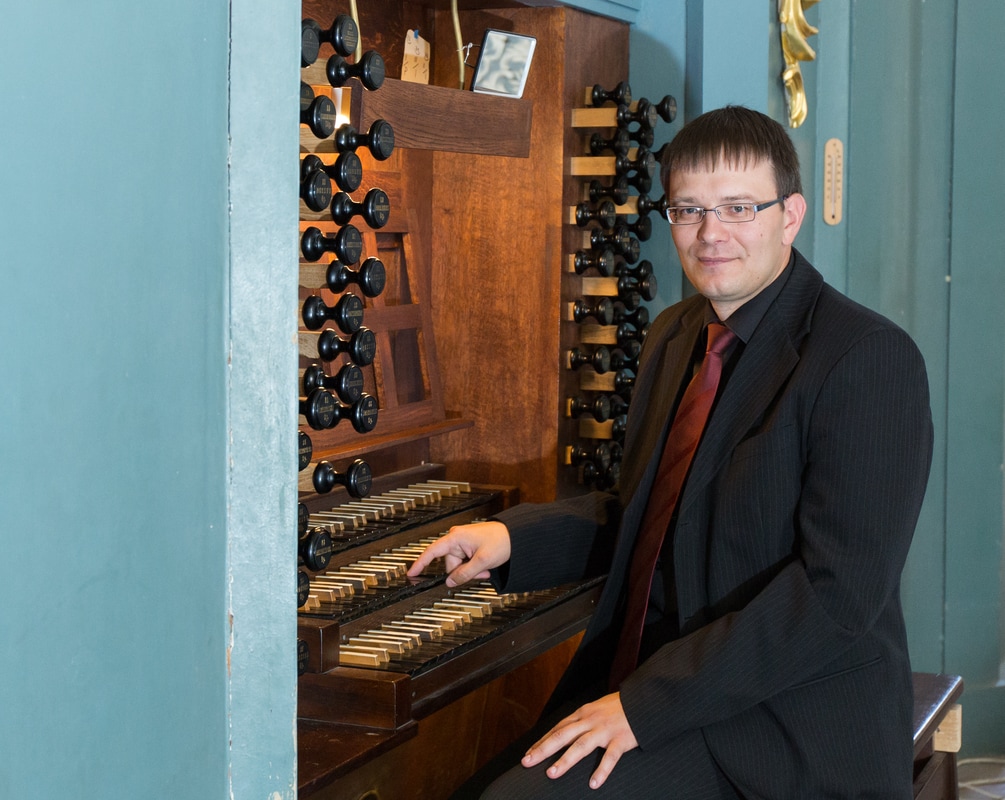
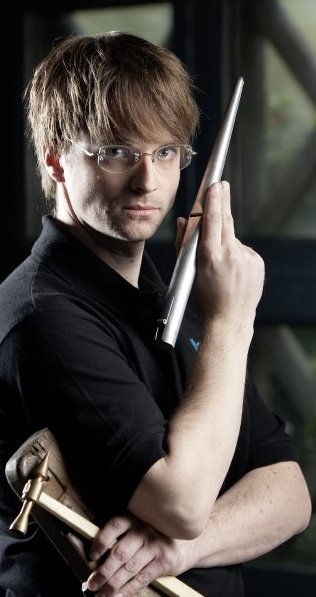
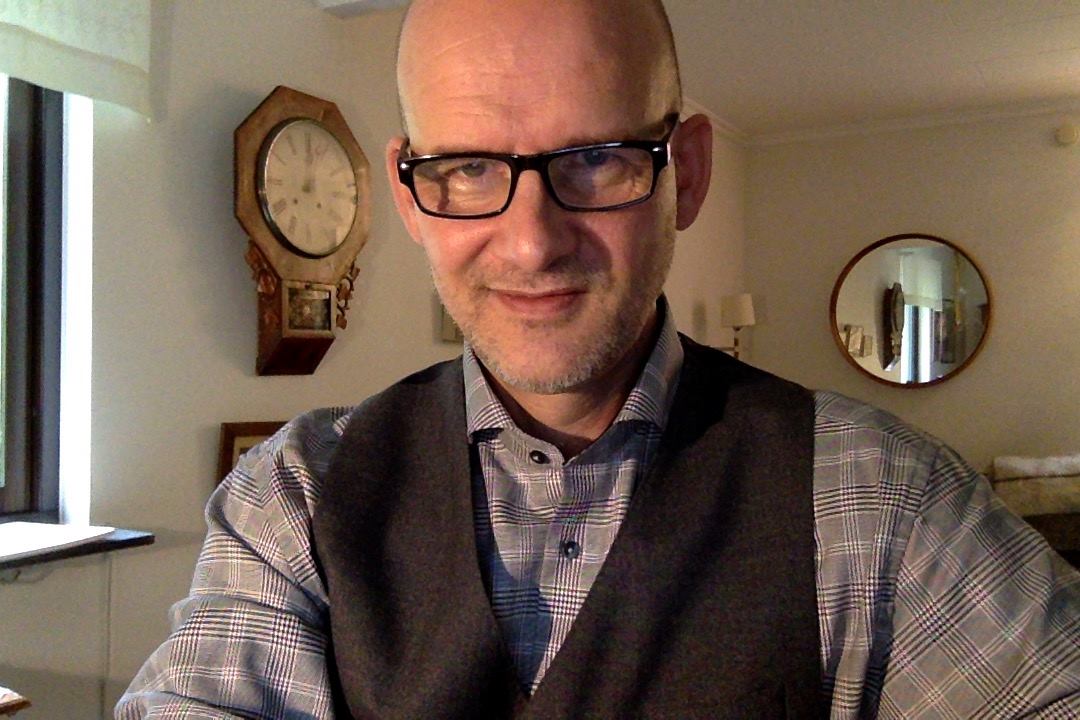
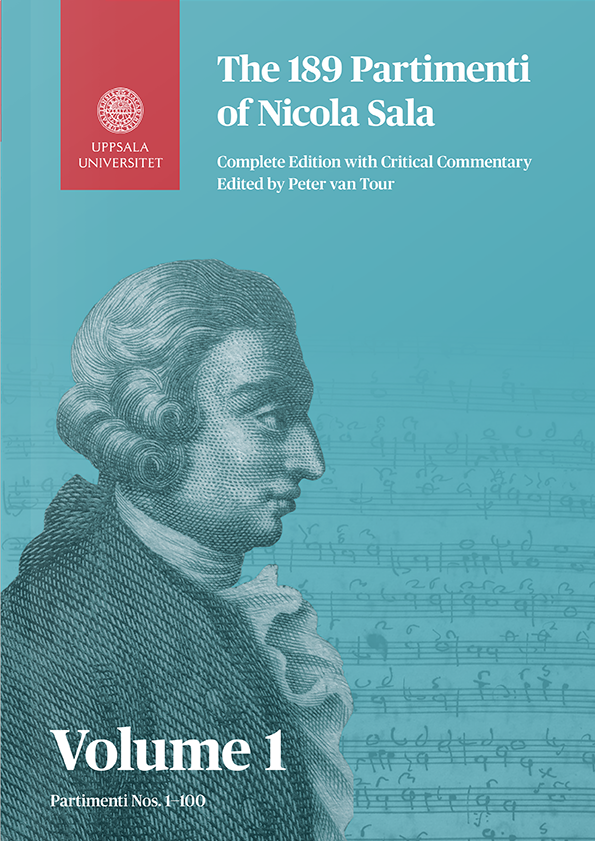
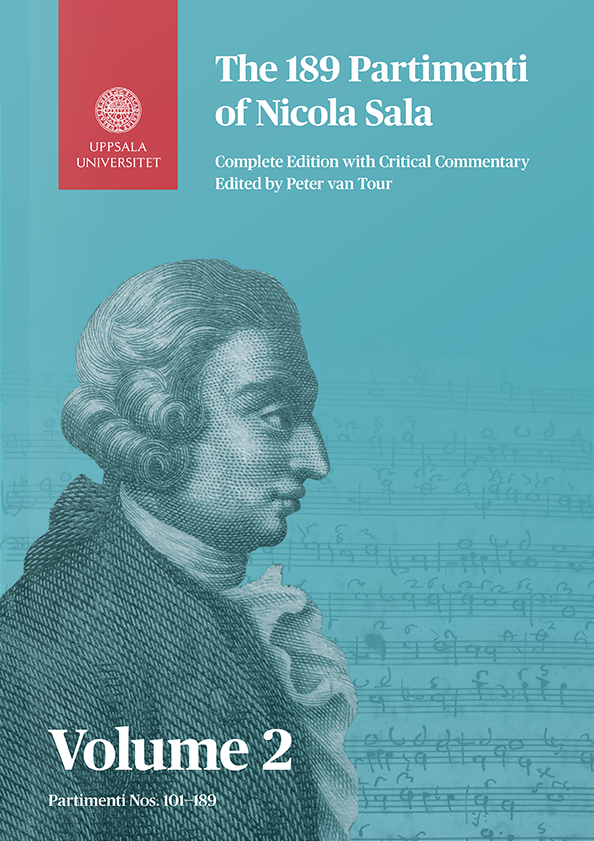
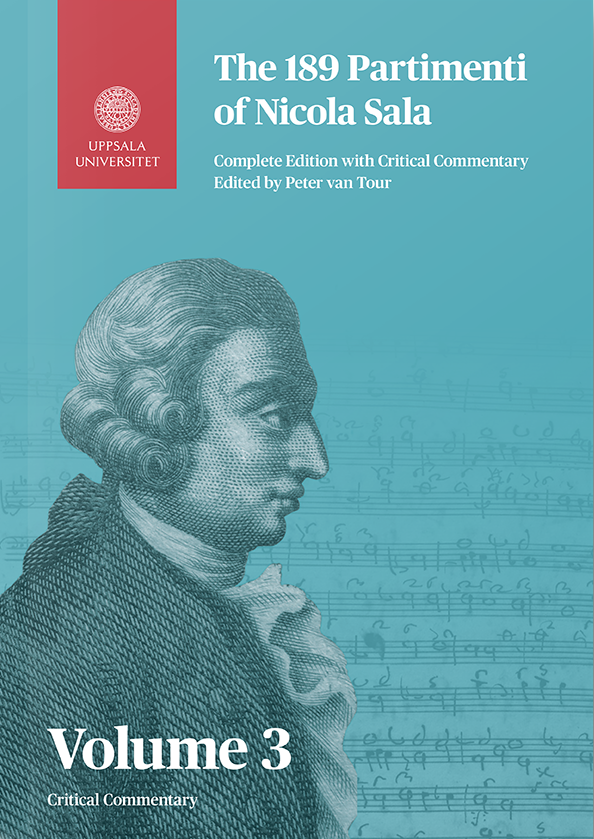
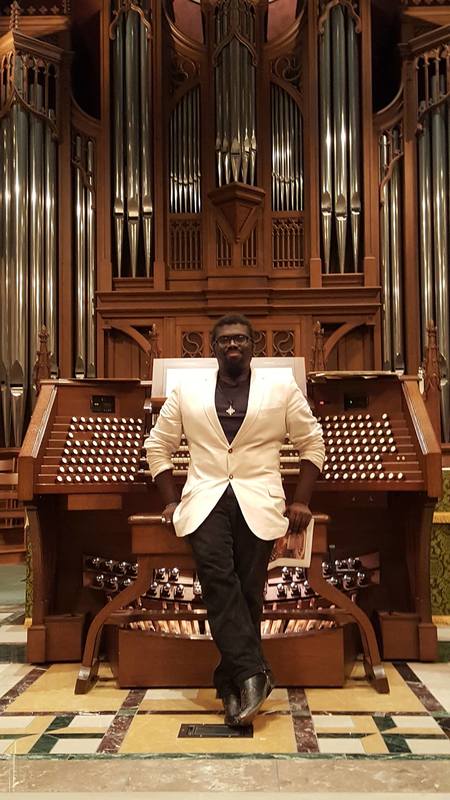
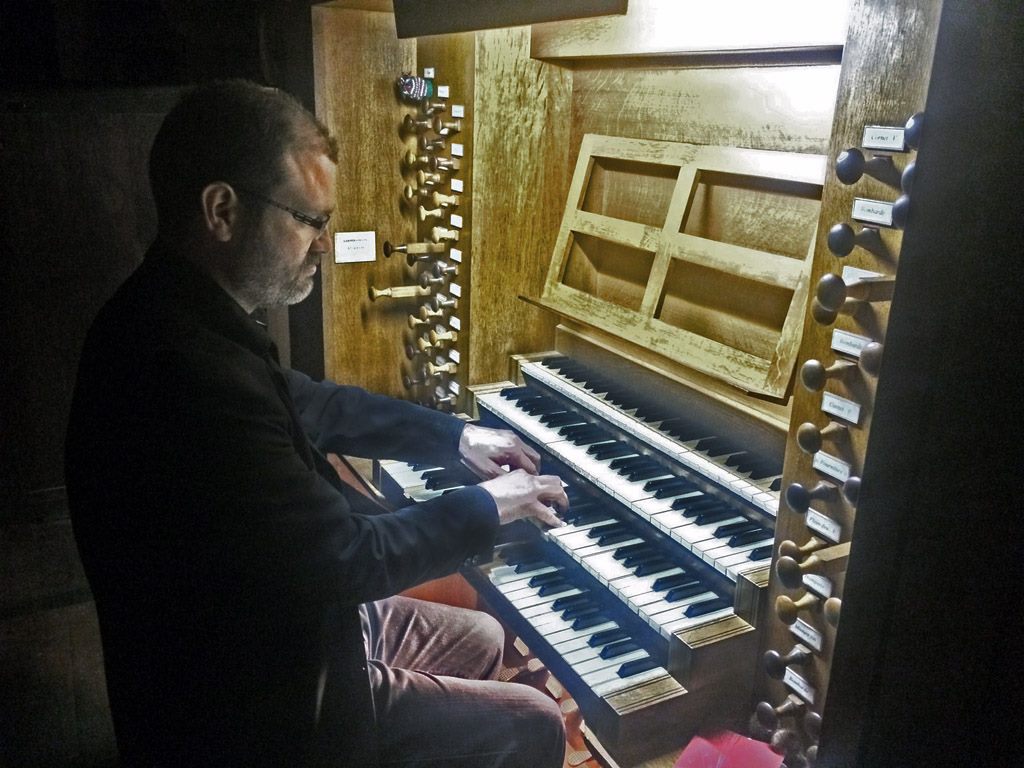
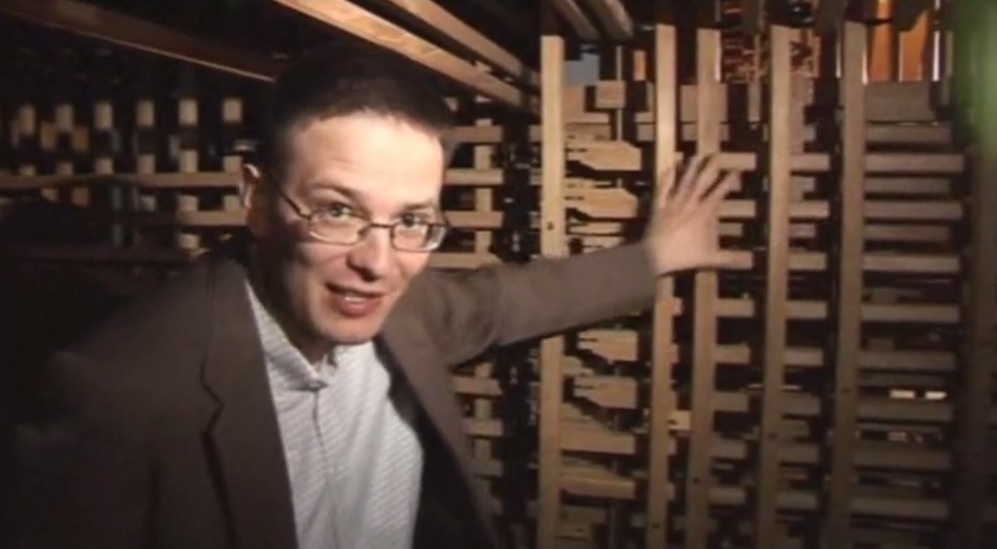
 RSS Feed
RSS Feed